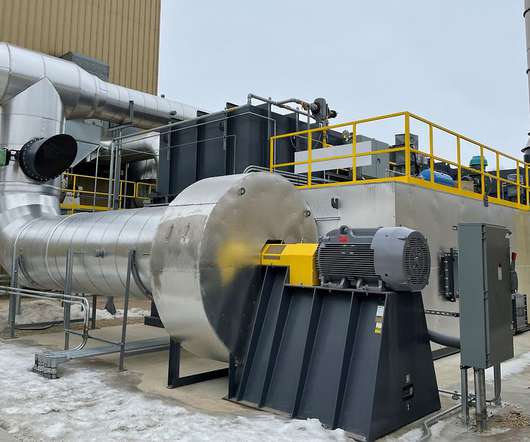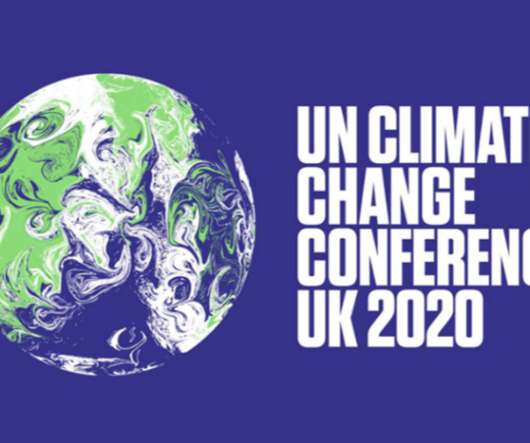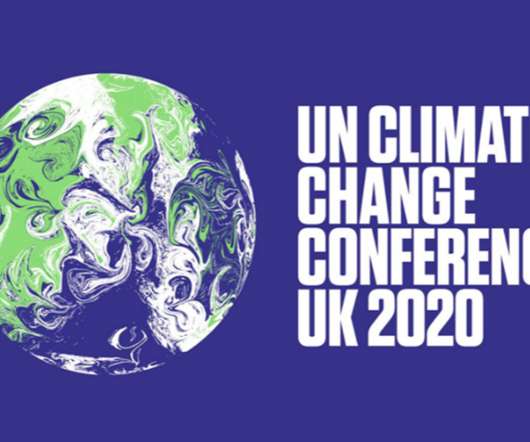Making it Happen: Sustainability in Adhesives Production
3BL Media
APRIL 5, 2022
Henkel’s vision to become climate-positive in operations by 2030 begins with a strong focus on the company’s production sites. Throughout its long history , Henkel developed innovative products and manufacturing processes that save resources and cut waste. Note: Compared with 2010 baseline. SOURCE: Henkel.













Let's personalize your content